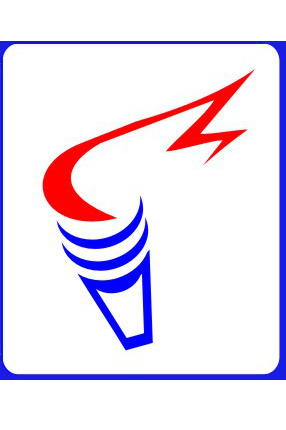Treatment
Mental Health problems are treated with psychiatric medication, counselling and Psychotherapy. Meeting a psychotherapist and discussing the symptoms and real life situations will enable the therapist to diagnose the nature of the problem. Some of the mental health problems can be overcome by a simple work up on the personality or on coping skills of the person. Some psychological problems and psychiatric problems may require specific intense psychotherapy over a period of three months or so, depending upon the severity of the illness.
Many workshops and skills development programmes are available nowadays, but those with low self-esteem and those not comfortable with groups may not benefit from such workshops. They may require individual attention in a customised form in therapy sessions; also they may perform better as individuals rather than in groups.
Cognitive Behaviour Therapy is a specialised form of counselling and psychotherapy, to help patients overcome their emotional problems, correct faulty process in thinking, feeling and behaviour. Patients can develop illogical thoughts, faulty way of thinking, (ex: I am good for nothing, others usually do not respect me etc). Such faulty thought patterns can provoke intense negative emotions. Similarly out of fear of failure they can avoid doing certain activities, which can lead to problems in their life. (Ex; public speaking, avoiding exams)
The therapist enables the person to recognise such patterns of distorted thinking and dysfunctional behaviour. The therapist alters distorted thoughts and dysfunctional behaviours using systematic discussion and carefully structured cognitive and behavioural assignments. The patient\’s work in a collaborative relationship with the therapist to identify problems and strategies to overcome the problem.
Initially a very detailed assessment is made about the problem the person is facing, their personality, their strengths and weakness. The central principle of cognitive-behavioural assessment is the ways in which an individual behaves are determined by immediate situations, thought process, mood and the individual\’s interpretations of them.
In Cognitive Behavioural approach the therapist aims to help the person to develop skills to overcome the present problem. The progress of the therapy directly depends on the way patient performs the assignments, stays committed to the therapeutic goals and his efforts in working out various strategies. The cognitive and behavioural exercises would be like challenging the automatic thoughts that he/she is no good or is deficient in many ways compared to others etc The patient is expected to participate actively by collecting information, giving feedback on the effectiveness of techniques, and making suggestions about new strategies.




